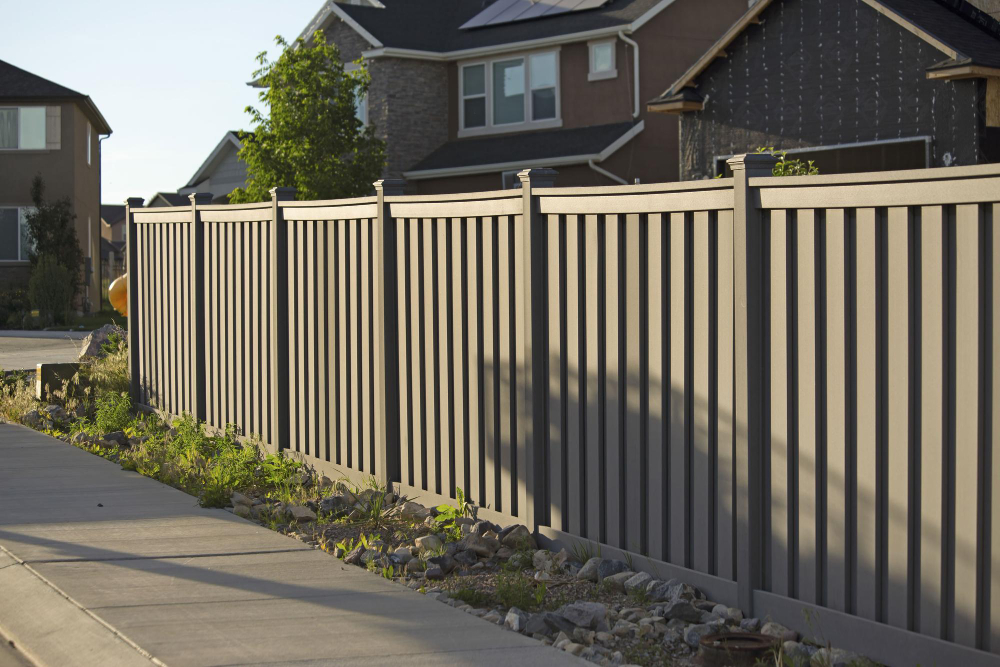
Fencing your property can be a great way to enhance privacy, security, and curb appeal. However, as with any home improvement project, there’s an unwritten set of rules—known as fence etiquette—that homeowners should follow to maintain good relations with their neighbors. Understanding these guidelines can save you from potential disputes and ensure a smooth installation process. If you're looking for professional assistance, contact Wulff Fence, one of the leading fence companies in Orlando, today.
Fence etiquette encompasses the social norms and legal requirements associated with installing and maintaining a fence on your property. These guidelines help ensure that your fencing project does not negatively impact your neighbors or violate local regulations. To help you get started, here are some fundamental principles of fence etiquette:
Before you even think about installing a fence, it's crucial to know exactly where your property lines lie. Misplacing your fence could lead to disputes and possibly legal action. Here’s how to accurately determine your property lines:
Understanding your property lines ensures that your fence stays within your legal boundaries, keeping you on good terms with your neighbors.
Different areas have different regulations regarding fence height, materials, and placement. Before you purchase materials or hire a contractor, check with your local zoning office to understand:
Failing to adhere to these regulations can result in fines, and you may be forced to alter or remove your fence.
One of the most important aspects of fence etiquette is communication. Informing your neighbors about your plans can prevent misunderstandings and foster goodwill. Here are some tips for effective communication:
Good communication can lead to mutually beneficial agreements, like cost-sharing for a boundary fence.
Selecting the appropriate type of fence is crucial for both functionality and aesthetic appeal. Here are some factors to consider:
The right fence can enhance your property value while keeping your neighbors happy.
Once your fence is installed, proper maintenance is key. Neglecting your fence can lead to deterioration and become an eyesore, affecting not only your property but also your neighbors’. Here are some maintenance tips:
A well-maintained fence reflects positively on you and contributes to the overall aesthetics of the neighborhood.
Understanding and adhering to residential fence etiquette is essential for maintaining good relationships with your neighbors and complying with local regulations. By knowing your property lines, checking local zoning laws, communicating with your neighbors, choosing the right fence, and maintaining it properly, you can ensure a smooth and successful fencing project.
If you're ready to install a new fence and want professional guidance, consider Wulff Fence. Our expert team offers top-notch services and can help you choose the best options for your needs. Contact Wulff Fence, one of the leading fence companies in Orlando, today to schedule an appointment. Let's build something great together!